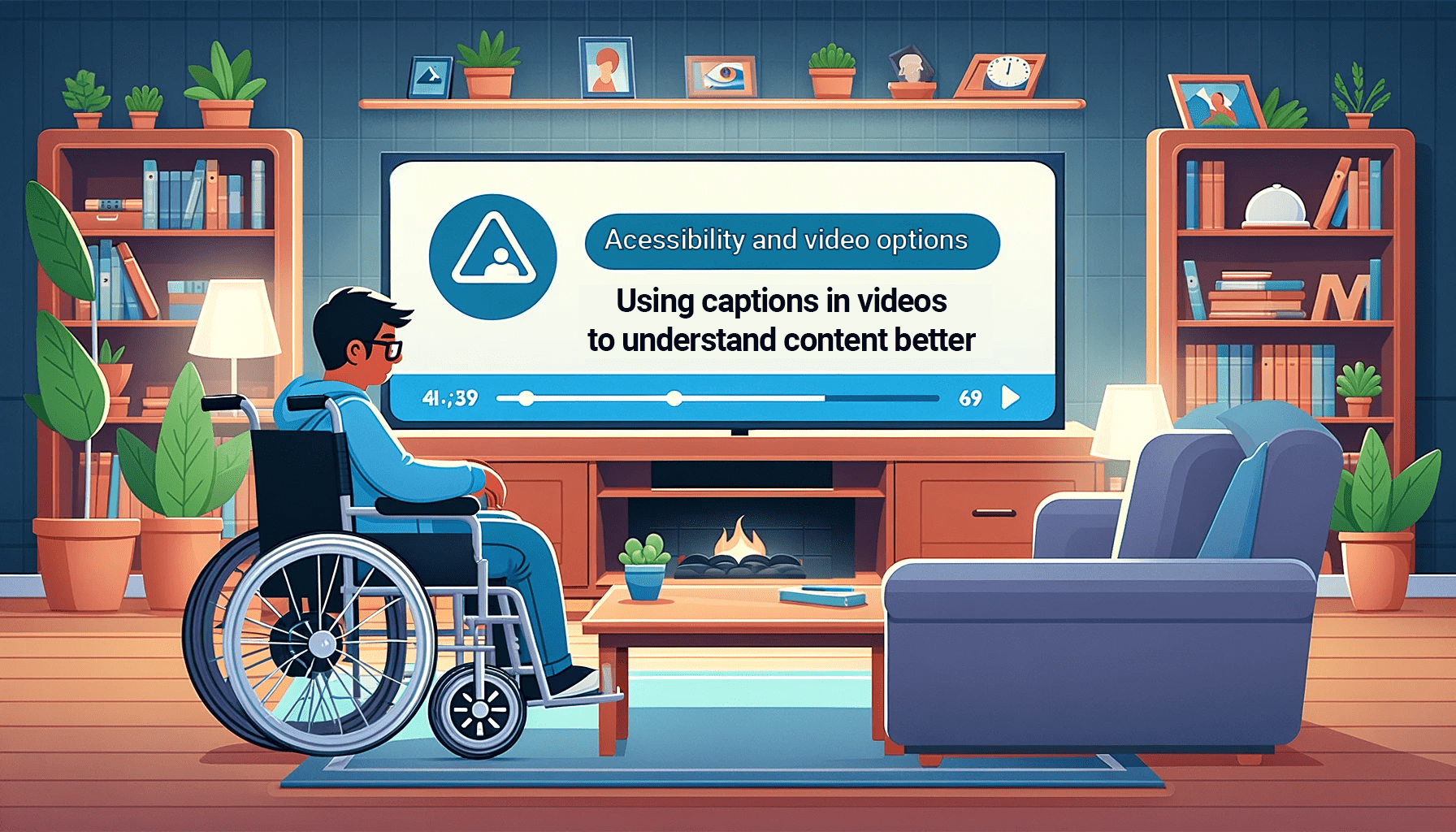Introduction
In an era where inclusivity is not just valued but essential, the public sector in British Columbia is stepping up to the challenge. Recent legislation has introduced new accessibility requirements, marking a significant step towards a more inclusive society. This blog post explores these new mandates and how Accessibility Partners can play a pivotal role in aiding public sector organizations to meet these evolving standards.
Background
The introduction of the Accessible British Columbia Act reflects a growing recognition of the importance of accessibility. This legislation is designed to dismantle barriers and create a more inclusive environment for all citizens, particularly those with disabilities. It aligns with the broader goal of ensuring that public services are accessible to everyone, regardless of their physical, sensory, or cognitive abilities.
Key Accessibility Requirements
The new legislation outlines comprehensive accessibility requirements, including the development of accessibility plans, feedback mechanisms, and regular reporting to ensure continuous improvement. Public sector organizations are now mandated to consult people with disabilities and to incorporate accessibility considerations into their daily operations and long-term planning.
Implications for the Public Sector
These legislative changes signify a major shift for public sector entities in B.C. They must now adopt a proactive approach to accessibility, moving beyond compliance to embrace inclusivity as a core value. This will likely involve significant adjustments in policy, infrastructure, and culture, demanding dedicated resources and expertise.
Role of Accessibility Partners
Accessibility Partners, with its deep expertise in accessibility compliance and strategy, is ideally positioned to help public sector organizations navigate this transition. Our broad range of services include conducting detailed accessibility audits, providing customized training, and developing strategic accessibility plans that align with the new legislative requirements.
Success Stories
- Comprehensive Accessibility Audit for a Leading Union’s Web Resources
We undertook an extensive accessibility audit for a major union in British Columbia, evaluating their digital presence, including the main website and subsidiary platforms. This project aimed to uncover accessibility barriers and offer strategic recommendations for enhancing accessibility.
Our approach included rigorous testing across various devices and with different assistive technologies to ensure universal accessibility. The outcome was a set of detailed reports that provided a clear picture of the union’s current accessibility status and a roadmap for making their digital assets more inclusive and compliant with WCAG standards.
This project helped the union improve their digital accessibility and made them more aware of the importance of accessibility, demonstrating our commitment to fostering inclusivity across all digital fronts.
- Enhancing Digital Accessibility for a Forestry Sector Website
We conducted a comprehensive WCAG 2.2 compliance audit for the website of a prominent organization in the forestry sector. Our objective was to identify and remedy any accessibility barriers, thereby ensuring the website was fully inclusive and accessible to individuals with disabilities.
The audit encompassed manual assessments, automated tools, and real user testing, culminating in a findings report that detailed the accessibility issues and provided prioritized recommendations for remediation.
The project resulted in a significant enhancement of the website’s accessibility, enabling the organization to better serve a diverse user base and reinforcing the importance of digital inclusivity in the public sector.
Conclusion
The new accessibility requirements in B.C.’s public sector represent a crucial step towards a more inclusive society. Our work with entities like the ones mentioned in the success stories above demonstrates our expertise and commitment to enhancing digital accessibility. Accessibility Partners is dedicated to guiding and supporting public sector organizations in meeting the new standards, ensuring that their services are accessible to all.
Contact Information
For more information on how Accessibility Partners can help your organization meet the new B.C. accessibility standards, visit our website.






